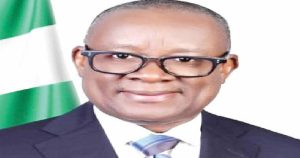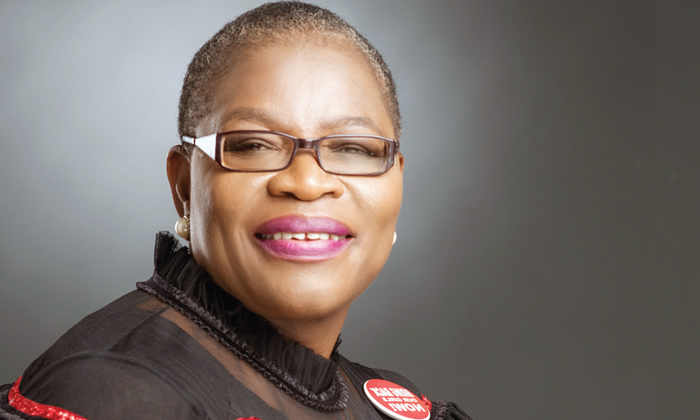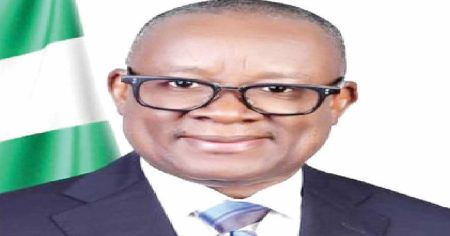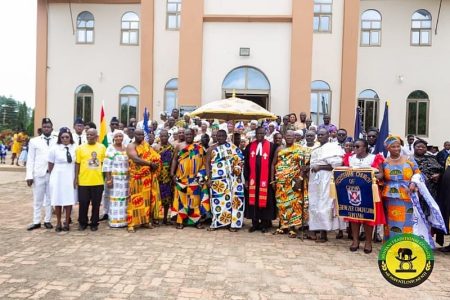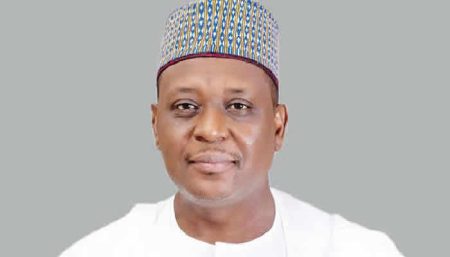Oby Ezekwesili’s critique of President Tinubu’s fuel subsidy removal encapsulates a pervasive sentiment among Nigerians: while the reform itself might be conceptually sound, its implementation has been deeply flawed and detrimental to the populace. Ezekwesili argues that the abrupt and ill-prepared nature of the subsidy removal has exacerbated poverty and inflation, inflicting severe hardship on the most vulnerable segments of society. The sudden declaration of “Subsidy is gone,” devoid of adequate cushioning measures or a phased approach, plunged millions into further economic precarity, effectively negating any potential long-term benefits the reform might have offered. This abruptness, she contends, underscores a disconnect between policy formulation and the realities faced by ordinary Nigerians.
The former Minister’s criticism highlights a critical aspect of governance: the importance of not just identifying the right policies, but also executing them with sensitivity and foresight. A policy, however sound in theory, can become counterproductive if its implementation is poorly managed or fails to consider the broader socio-economic context. In the case of the fuel subsidy removal, the lack of adequate preparation and mitigating strategies transformed a potentially positive reform into a catalyst for increased hardship, undermining public trust and exacerbating existing inequalities. This reinforces the need for a more nuanced approach to policy implementation, one that prioritizes social welfare and minimizes the negative impact on vulnerable populations.
Ezekwesili’s call for a rejection of prebendal politics resonates with the need for a fundamental shift in the Nigerian political landscape. Prebendalism, a system where political office is seen as a means to personal enrichment, has long plagued Nigeria, hindering development and perpetuating a cycle of poverty and inequality. The former Minister’s assertion that “politics is not the pathway to wealth” challenges this deeply ingrained notion, advocating for a more ethical and service-oriented approach to governance. Her appeal to the legal profession to actively resist prebendalism underscores the crucial role of the judiciary and legal practitioners in upholding ethical standards and safeguarding public resources.
The concerns raised during the NBA conference extend beyond the fuel subsidy removal, encompassing broader anxieties about the direction of the country under President Tinubu’s leadership. The overwhelming negative response to questions about whether Nigeria is on the right track and whether the “Renewed Hope Agenda” has delivered on its promises reflects a deep sense of disillusionment among legal professionals and, by extension, the wider Nigerian populace. This sentiment underscores the urgent need for a more inclusive and responsive approach to governance, one that prioritizes the needs of the citizens and addresses the root causes of poverty and inequality.
Interior Minister Olubunmi Tunji Ojo’s emphasis on research and development offers a potential pathway to sustainable economic growth. His observation that leading global economies are also the highest spenders on R&D highlights the critical link between innovation and economic prosperity. Nigeria’s historical overreliance on consumption and its high debt servicing burden have stifled investment in key areas like research and infrastructure, hindering long-term development. Ojo’s call for increased investment in R&D, coupled with a focus on reviewing outdated laws, suggests a recognition of the need for structural reforms to unlock Nigeria’s economic potential. However, the feasibility of these proposals remains questionable in the context of the current economic realities and the government’s fiscal constraints.
George Etomi’s lament about the declining independence of the judiciary raises crucial concerns about the health of Nigeria’s democratic institutions. The judiciary’s ability to operate free from political interference is fundamental to upholding the rule of law and ensuring accountability. Etomi’s assertion that the judiciary was more independent under military rule than it is in the current democratic dispensation is a stark indictment of the current political climate. The perception of a compromised judiciary undermines public trust in the justice system and erodes the very foundations of democracy. Protecting the judiciary’s independence, as Etomi advocates, is essential for safeguarding democratic values and ensuring a just and equitable society. This includes ensuring judicial appointments are free from political influence and that judges have the security and resources to make impartial decisions without fear of reprisal.




